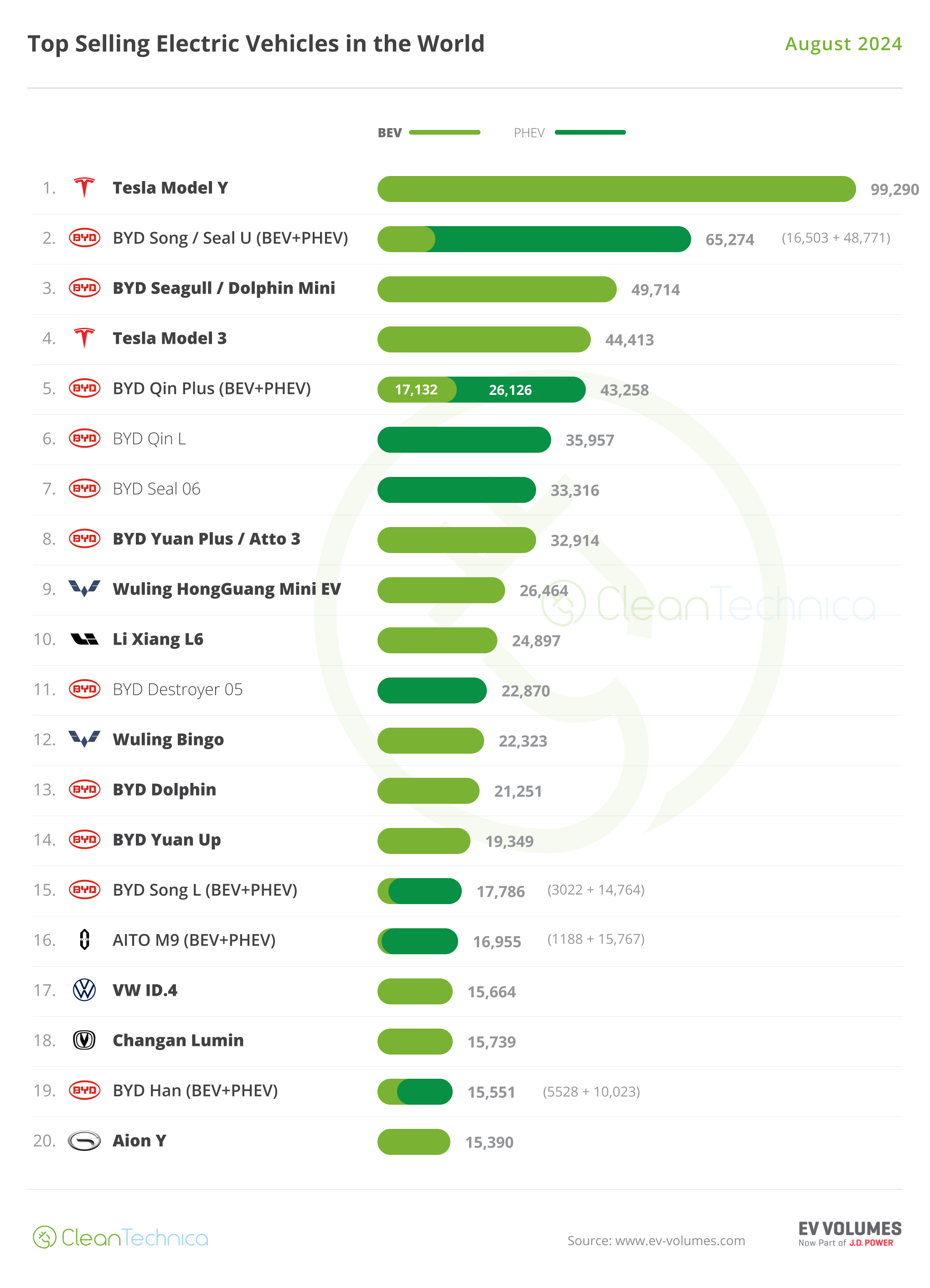Sign up for daily news updates from CleanTechnica on email. Or follow us on Google News!
Lothian, a public transit provider in Edinburgh, Scotland, and the Lothians, has ordered 50 new electric Volvo BZL buses for its fleet. The double-deck buses will begin operating in 2024. They cost over £24 million and have zero direct emissions, so using them will help improve air quality. Each bus can transport over 70 passengers and has Wi-Fi and USB charging ports. Each one employs a 200 kW electric motor and five lithium-ion batteries totaling 470 kWh of electricity storage. The range is up to 300 kilometers per charge; regenerative braking technology can extend the range. A full charge requires about three to four hours and charging can be performed at night at the bus depot.
Lothian plans to continue investing in zero emissions buses and infrastructure spanning the next decade. The company has a plan to have net zero emissions for its whole fleet by 2035.
Domenico Bondi, Managing Director of Volvo Bus UK & Ireland, answered some questions about the new Lothian electric buses for CleanTechnica.
When will the electric buses be up and running, and who will ride in them?
The 50 new Volvo BZL electric double deck buses will be introduced in two batches across 2024, with the first vehicles appearing on Edinburgh’s streets, the capital of Scotland, in early Spring.
Will they replace diesel buses and if so, how much will they reduce air pollution?
Lothian buses is working together with Volvo to support the Scottish Government and city of Edinburgh Council’s strategies to improve local air quality and the investment of 50 Volvo BZL electric double deck buses will play an important part in improving the air quality across the city.
Where will the electric buses be charged?
These electric buses will be charged at Lothian Bus’ own depot.
Is it expected using electric buses will lower operating costs by not using any diesel fuel?
While the upfront cost of electric buses is generally higher than diesel buses, their operating costs are often lower due to the lower cost of electricity compared to diesel fuel and reduced maintenance needs.
What is the expected use life for the new buses?
The expected useful life of an electric bus, like any other electric vehicle, can vary depending on several factors, including usage patterns, maintenance practices, driver behaviors, environmental and local operating conditions. However, electric buses are designed for a long service life and typically have a lifespan comparable to or even longer than that of traditional diesel or natural gas buses.
What is the cost of each bus?
The cost of an electric bus is depending on the specifications. Additionally, government policies and incentives can play a significant role in making electric buses more cost competitive.
About how much does the regenerative braking add back to the batteries?
The amount of energy that regenerative braking can add back to the batteries of an electric bus can vary widely depending on many factors, such as traffic conditions, route characteristics, operating conditions, driver behaviors, etc. Volvo Buses are committed to support our customers by providing trainings, sharing knowledge, planning services and maintenance to improve energy efficiency and increase vehicle uptime. Lothian put the Volvo BZL electric demonstrator in place for more than four months and from the demonstration vehicles operating in Lothian we saw around 35-40% energy recuperation per day on average.
Is riding an electric bus a more pleasant experience because there are no exhaust fumes and no loud engine noise?
Yes, riding an electric bus can provide a more pleasant experience compared to riding a traditional diesel bus for both the drivers, passengers, and pedestrians alike, and enhance the quality of public transit services, to list some examples: Electric buses produce zero tailpipe emissions which improves air quality both inside and outside the bus.
Electric buses tend to provide a smoother and more comfortable ride due to the nature of electric propulsion systems. Electric buses typically have fewer vibrations compared to diesel buses.
Have a tip for CleanTechnica? Want to advertise? Want to suggest a guest for our CleanTech Talk podcast? Contact us here.
EV Obsession Daily!
I don’t like paywalls. You don’t like paywalls. Who likes paywalls? Here at CleanTechnica, we implemented a limited paywall for a while, but it always felt wrong — and it was always tough to decide what we should put behind there. In theory, your most exclusive and best content goes behind a paywall. But then fewer people read it!! So, we’ve decided to completely nix paywalls here at CleanTechnica. But…
Thank you!
Tesla Sales in 2023, 2024, and 2030
CleanTechnica uses affiliate links. See our policy here.




